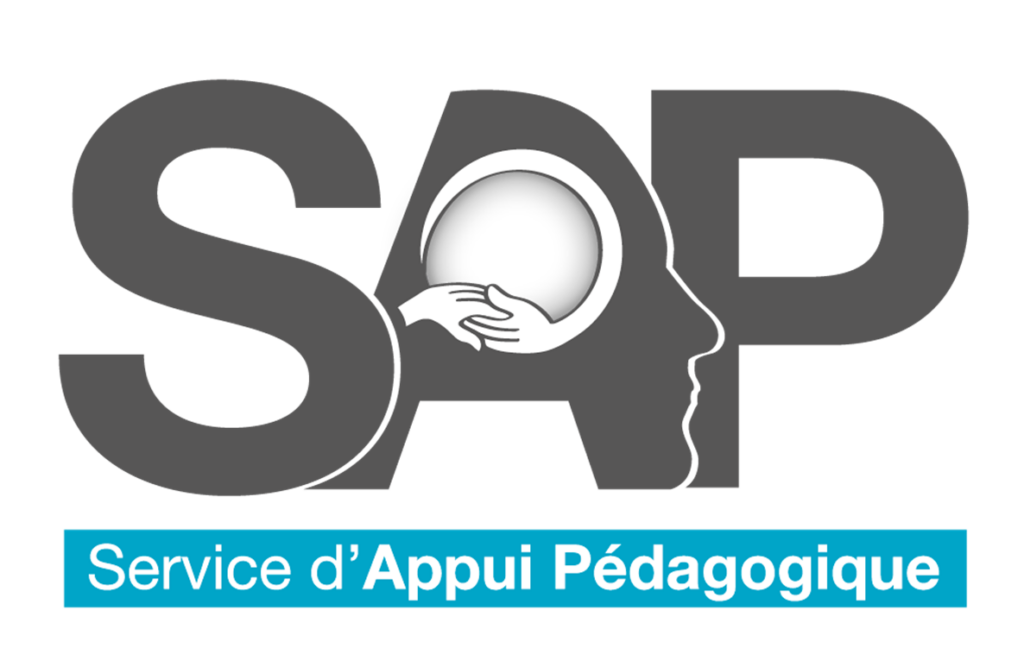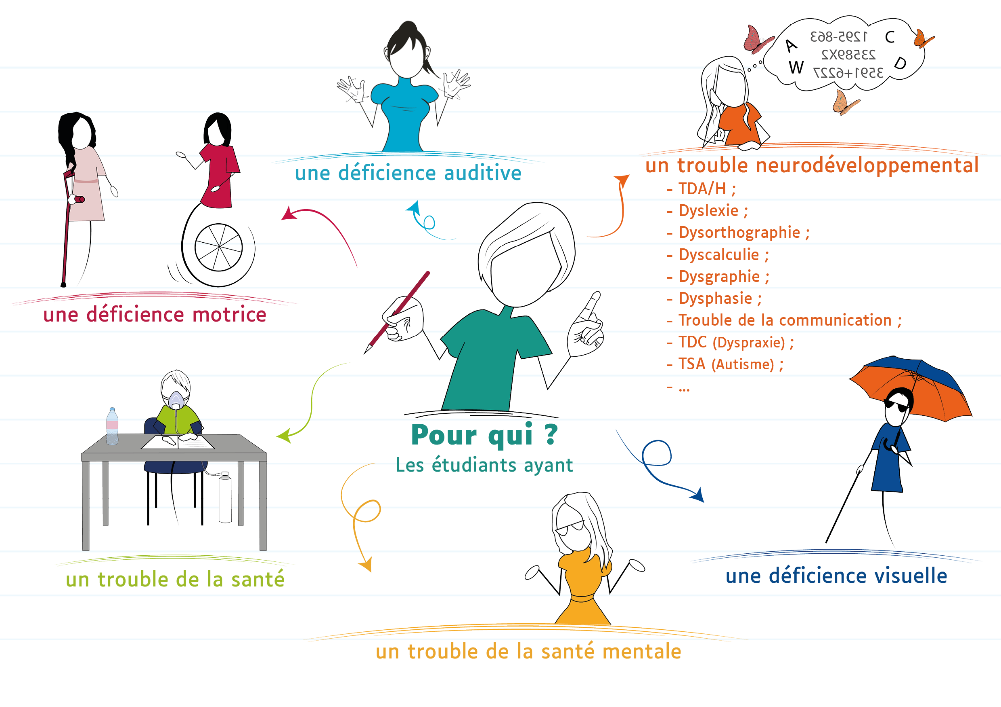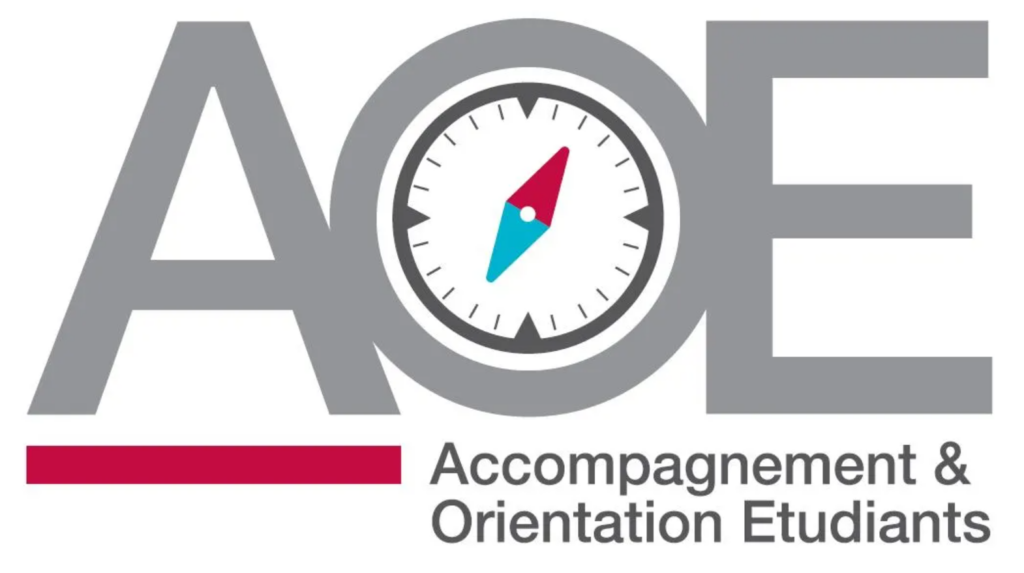Support for Success
The FA+U provides students with a range of tools to help them succeed.
Faculty Teaching Unit
At the student’s request, a personal assessment can be organised with our Teaching Assistants. During this personal assessment, various points may be discussed:
- Student work: the method, planning and organisation of work with a view to assessments
- An assessment of the evaluations
- Setting up a request for a reduced workload or a possible reorientation.
This one-to-one discussion also allows students to pose their questions about the administrative aspects of the “Paysage” decree. Each student is in a specific situation, which necessarily influences the future of their studies. By clarifying the regulatory provisions, students will be able to move forward with peace of mind.
Contact : Mathilde DAUMAS – Vinca DECAUSEMAECKRE, Teaching Assistants – aidepedagogique.fau@umons.ac.be
Architectural and urban design courses form the basis of the Master’s. They are organised in workshops of around twenty students. These groups allow for interpersonal relations with students at different levels of study:
- Immersion learning
- Sharing skills and knowledge
- Tutoring by student assistants
For the first three years of the Bachelor’s degree, the architectural and urban planning design workshop is organised into vertical units to ensure coherent programming and methodology through exercises with objectives of increasing difficulty:
- Consistency in the development of learning stages
- Remedying the shortcomings of weaker students or those who have missed a step in the learning process
- Internal programmatic flexibility in relation to the level and development of the group and the cross-fertilisation of ideas
- Sharing of certain stages in the composition process (models, group work)
- Same theoretical input for all students in a group
The oral presentation of an architectural project can be a source of anxiety, and a few keys to controlling stress and managing space can help you get through these moments with greater serenity. To help you succeed, the Faculty offers workshops on public speaking. These workshops have two distinct objectives and are supervised by an external speaker who is an expert in eloquence and public speaking.
The first course is of a more general nature and aims to help students discover the tools for public speaking (posture, breathing, diction, eye contact and stress management in particular). It lasts two hours and enables a group of around twenty students to be supervised. This initial training course concentrates on:
- Academic, methodological, cognitive, self-regulation, language and digital skills, relationship with knowledge, etc.
- Self-management: socialisation, integration, affiliation, motivation, emotions, etc.
The second course aims to put the tools described above into practice and focuses on:
- Subject-specific skills: mastery of prerequisites and subject-specific content, etc.
- Vocational skills: choice of study, educational and vocational guidance, reorientation, etc.
These training sessions are conducted in groups of approximately 6 students. As part of the Faculty’s specific teaching, the speaking workshops simulate an architecture assessment panel. Following the student’s presentation, the expert makes suggestions for improvement and suggests ways of remedying any shortcomings in the student’s oratory. The students then have the opportunity to reformulate their presentation according to these specific points of attention. The group effect means that several different situations can be simulated (presentation of PowerPoint, competition boards or models), opening up debate and helping to build collective learning.
The oral presentation of an architectural project can be a source of anxiety, and a few keys to controlling stress and managing space can help you get through these moments with greater serenity. To help you succeed, the Faculty offers workshops on public speaking. These workshops have two distinct objectives and are supervised by an external speaker who is an expert in eloquence and public speaking.
The first course is of a more general nature and aims to help students discover the tools for public speaking (posture, breathing, diction, eye contact and stress management in particular). It lasts two hours and enables a group of around twenty students to be supervised. This initial training course concentrates on:
- Academic, methodological, cognitive, self-regulation, language and digital skills, relationship with knowledge, etc.
- Self-management: socialisation, integration, affiliation, motivation, emotions, etc.
- The second course aims to put the tools described above into practice and focuses on:
- Subject-specific skills: mastery of prerequisites and subject-specific content, etc.
- Vocational skills: choice of study, educational and vocational guidance, reorientation, etc.
These training sessions are conducted in groups of approximately 6 students. As part of the Faculty’s specific teaching, the speaking workshops simulate an architecture assessment panel. Following the student’s presentation, the expert makes suggestions for improvement and suggests ways of remedying any shortcomings in the student’s oratory. The students then have the opportunity to reformulate their presentation according to these specific points of attention. The group effect means that several different situations can be simulated (presentation of PowerPoint, competition boards or models), opening up debate and helping to build collective learning.
UMONS has a duty to put in place practical measures to help its students overcome any difficulties associated with using the French language. Academic communication is different from everyday life. The university has its own codes, its own habits of expression, its own implicit routines, its own points of reference, its own speed of information transmission, and so on. Every student must be able to understand and produce complex information in French, both orally and in writing, analyse a physics problem statement, summarise a scientific text, present a point of view, etc. It is clear that many students do not have the necessary skills to do this. It has to be said that many students at the beginning of their Bachelor’s degree have difficulty with this type of task. In response to this situation, this project proposes a system combining diagnostic tools and remedial workshops.
Remedial Courses
At the beginning of the Bachelor’s cycle, students who are having difficulty with assessments or mock exams, or who need to resolve any gaps in their knowledge, can attend remedial activities. These activities are integrated into several teaching units:
- Physics Remediation
- Mechanics of Materials Remediation
- Construction Technologies Remediation
The UMONS libraries are primarily for the UMONS community and are open to all students, researchers and the generally curious. They contribute to the intellectual and cultural life of the region in which they are located. In addition to the book and periodical collection rooms, each library provides areas for study and group work. All the libraries are equipped with Wi-Fi and numerous power sockets. Discussions are permitted, providing the needs of other users are respected. The Faculty of Architecture and Urban Planning has its own specialised library at 88 Rue d’Havré.
The Faculty of Architecture and Urban Planning is making its Digital Design Lab available to students. This is a space incorporating computer equipment adapted to advanced digital design and manufacture. It has:
- A smart interactive screen (combined with a mini graphics workstation and a webcam), the perfect solution for group design work (local or remote) with the option of annotating digital media (images, plans, PDF files) and files created with 2D representation and 3D modelling software.
- 24 high-performance PCs with 4K graphics tablets
- A space dedicated to VR operations
- Software (latest versions) installed include Suite Office, Adobe Suite, AutoCAD, ArchiCAD, Twinmotion, Rhinoceros-Grasshopper, ContextCapture, MakerWare, Leica Geosystems HDS Cyclone, Lumion, Prusa Slicer and Revit.
- 5 3D printers : 2 open access (Makerbot Replicator 2), 3 Creality by reservation (2 S1 Plus – 1 CR-10 MAX)
Organised at UMONS in collaboration with the ORE, supervised study leave provides students with a suitable environment in which they can devote themselves fully to their studies while maintaining a balanced lifestyle. These sessions are organised during the Winter, Spring and Summer holidays. Study areas are also available.
The Student Guidance and Counselling Service provides answers to questions students may have about the programme, the possibilities of obtaining credits, administrative procedures and assistance for resuming their studies (study leave, educational leave, etc.). It offers individualised guidance in terms of orientation and reorientation, information on refresher courses, adapting to the university world, etc. Its staff is there to answer all your questions relating to studies, their organisation and academic procedures. They can also help students with academic and/or administrative procedures.
 The Teaching Support Service (SAP) offers students resources to support and guide them in their individual development. It works with teachingassistants in the faculties to offer group activities on work methods, note-taking, exam simulation, time management, study leave preparation, etc. The SAP offers an online course on “Learning Strategies.” The aim of this online course is to help you:
The Teaching Support Service (SAP) offers students resources to support and guide them in their individual development. It works with teachingassistants in the faculties to offer group activities on work methods, note-taking, exam simulation, time management, study leave preparation, etc. The SAP offers an online course on “Learning Strategies.” The aim of this online course is to help you:
- Understand your working environment
- Find the right contacts
- Train you in the methodology of university work
- Develop cross-disciplinary skills
 Les Cèdres is the UMONS non-profit support service for students recognised as having a disability or special needs. Students with special needs can benefit from individualised teaching assistance and reasonable accommodation adapted to the nature of their special needs or disabilities. To do so, they must submit their request to Les Cèdres no later than 15th November for the first term or 15th March for the second term of the current academic year. The department also has an interpreter in Belgian French sign language (LSFB) and a pedagogical coordinator with UE 12 in LSFB.
Les Cèdres is the UMONS non-profit support service for students recognised as having a disability or special needs. Students with special needs can benefit from individualised teaching assistance and reasonable accommodation adapted to the nature of their special needs or disabilities. To do so, they must submit their request to Les Cèdres no later than 15th November for the first term or 15th March for the second term of the current academic year. The department also has an interpreter in Belgian French sign language (LSFB) and a pedagogical coordinator with UE 12 in LSFB.
U-HELP is available to answer any questions students and their families may have about adjusting to university life.
It offers personalised information on:
- The cost of a year of study
- Study grants awarded by the Wallonia-Brussels Federation
- Reduced tuition fees
- The financial assistance it provides
- Organisations you can call on (CPAS, etc.)
- Housing benefits
- Free compulsory course materials
It offers financial assistance to students, according to certain criteria and after analysing their file:
- An interest-free loan to help you pay your tuition fees in instalments
- A loan if they receive a study allowance from the Wallonia-Brussels Federation
- A non-refundable allowance for study-related expenses, based on the student’s economic, social, family and academic situation
- Housing assistance
- PC help
- Travel assistance
- Support for student mobility
It also offers second-hand equipment.


